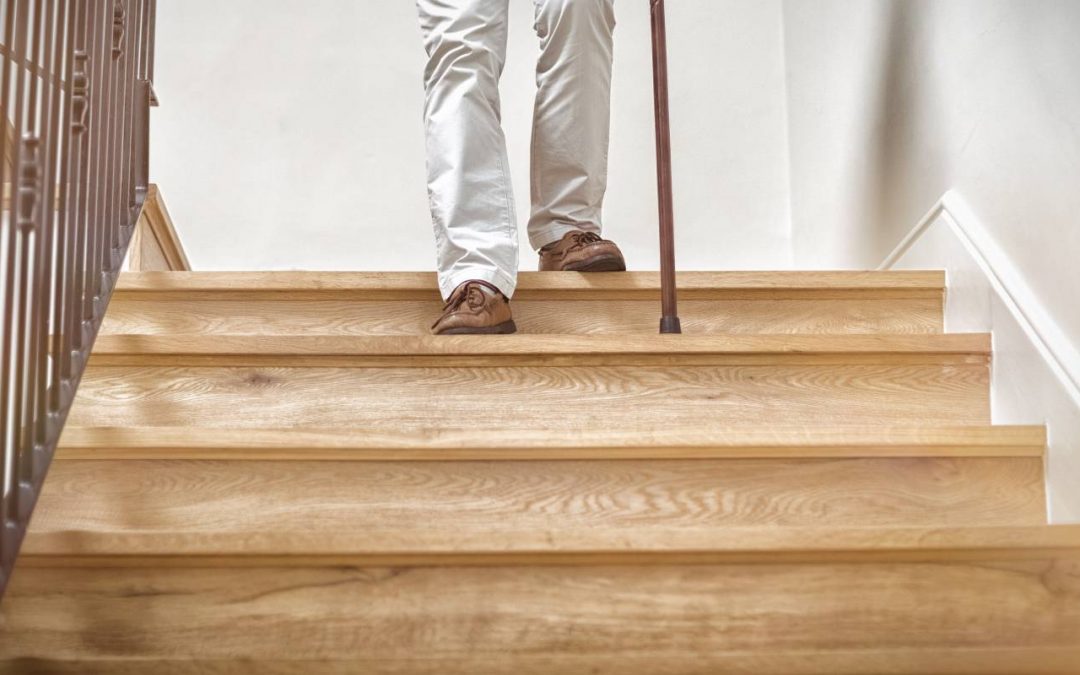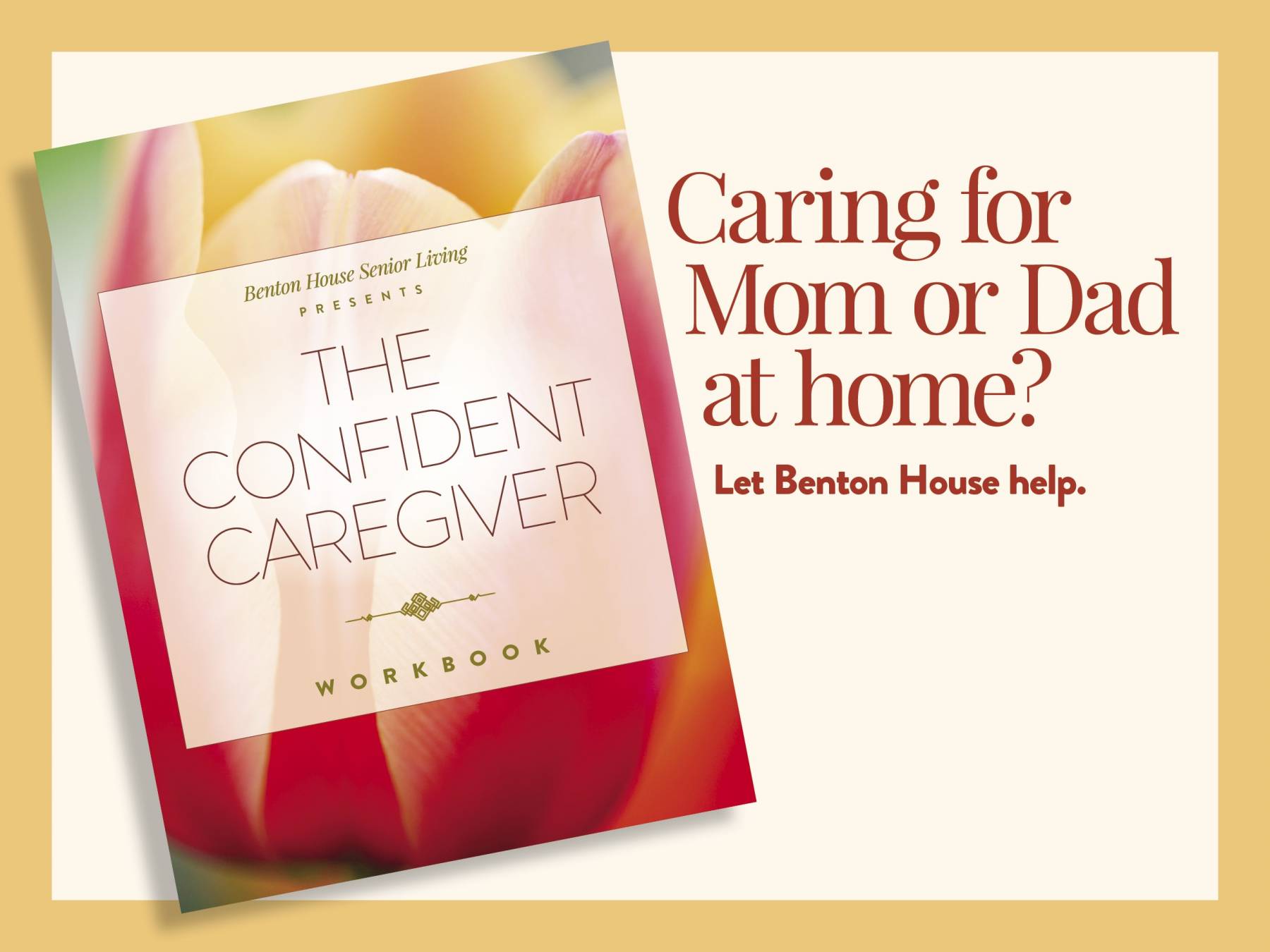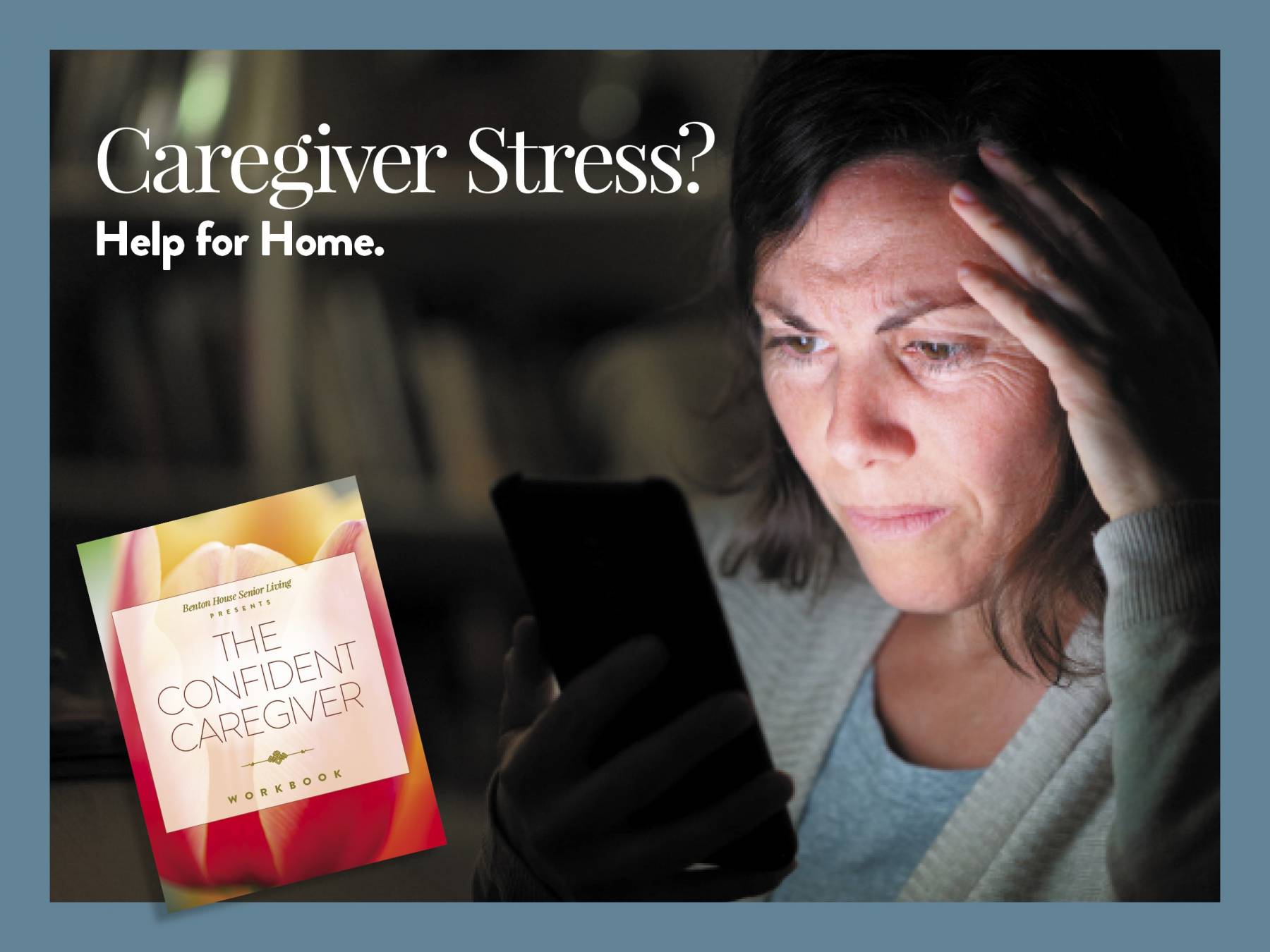You’ve heard that falls become a bigger risk as we age.
But did you know that falls are actually the leading cause of unintentional injury and death for those 65 and older?
According to the CDC, 1 out of 4 older adults will fall each year in the U.S., making falls a public health concern. There are many risk factors, including increased inactivity, changes in gait and balance, and prescription medication use.
Falls increase the chances of being hospitalized, setting up further potential health risks in pneumonia and adverse medical reactions.
But there is a lot you can do to reduce the fall risk for your senior loved one.
Let’s look more closely at some reasons older adults are more susceptible to falls, and how to help keep them safe.
The 3 Top Ways to Prevent Falls in Older Adults
As you can see, there are many contributing factors to why your senior loved ones become more susceptible to falls as they age.
The good news: there are simple solutions that can reduce their risk. Here are our top three recommendations—the primary methods we use at Benton House that we know from experience make the biggest difference for our loved ones.
Help your senior loved one fall-proof their home:
Chances are, your senior loved one spends the majority of their time at home. A regular assessment of the living environment may be the single biggest step you can take to reduce risk and notice changes. Invest time to assess each living area, room by room, and take action to minimize fall risks. Focus on three key areas: lighting, walkways, and bathrooms.
Lighting: switch to automatic lights where possible and install night lights throughout the home to illuminate main walkways indoors and out.
Walkways and Paths: remove throw rugs, clear clutter, and provide reminders like brightly colored tape on stairs and transitions.
Bathrooms: install grab bars, handrails, bath benches, and other safety and support items.
Encourage your senior loved ones to exercise, with a focus on balance activities:
Older adults need three types of exercise regularly: aerobic activities, muscle strengthening, and balance activities. They’re all important, but a CDC study suggests that an exercise program that includes both balance activities and functional exercise (a type of muscle strengthening) reduces the risk of falls in older adults by 24%.
Read our tips here to help your senior loved one create an exercise program for both physical fitness and fun.
Prioritize the overall health of your senior loved ones:
Our most important tip? Make sure you or someone you trust stays on top of the physical and mental health of your senior loved one. The two most important health areas of focus to reduce the risk of falls for older adults include assessing chronic conditions and managing related medications.
Take advantage of routine doctor checkups
Make sure you or their appointed caregiver attends appointments with your loved one. Many conditions (like thyroid imbalances or dementia) contribute to the risk of falling for older adults, so take full advantage of having an expert in the room to ask the doctor questions or raise concerns.
Develop a simple system to manage medications
The unfortunate truth: Medication prescribed to treat conditions common in older adults can also raise fall risk when taken incorrectly. Work together with your senior loved one and caregivers to create a medication management plan everyone involved with their health can easily follow. Whatever other methods you use, keep visual reminders like this free medication chart template on their fridge, so everyone on their healthcare team can easily stay on the same page.
Next Steps
Is there one magic pill that can keep your senior loved ones safe from ever falling?
Unfortunately, no.
But fall-proofing their home, encouraging exercise, and managing their overall health go a long way in reducing their risk, so they stay as healthy (and balanced) as possible.
Get Your Free 1:1 Caregiving Support
Would you like personal, customized help reducing the fall risk of your senior loved one—completely free of charge?
Get compassionate caregiving support, including a non-clinical home safety review, in one of these three easy ways.
- Visit our support page and request your complimentary Caregiver Workbook.
- Call our Caregiver Hotline for free custom support at 855-461-2552. We’re here to help.
- Send us a message describing how we can support you. Choose whether you’d like us to reach out: text, email, or snail mail.
Again, there is no charge for these services. They’re simply an extension of our mission to help every family who calls.



